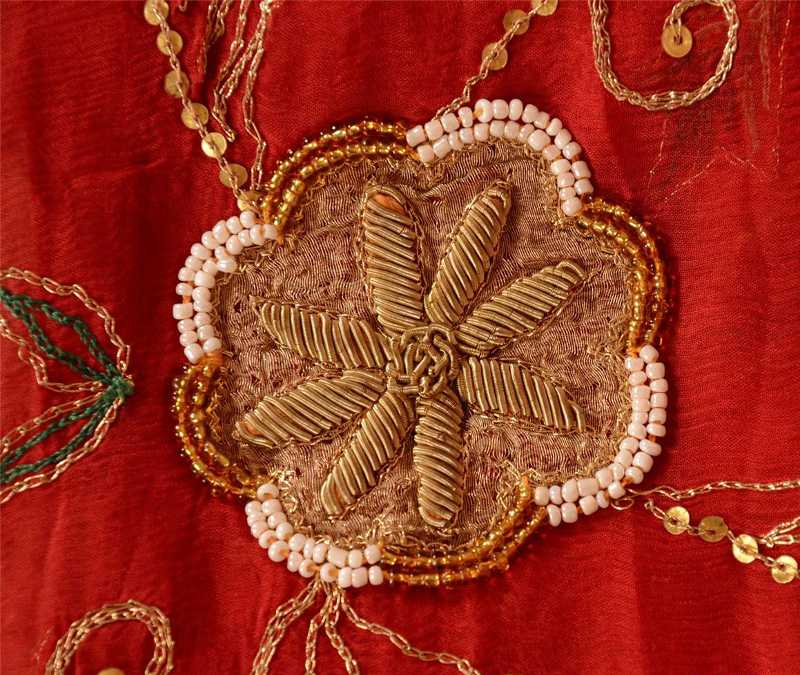===
0777,
3
===

=== |
 |
kuchh qadr maiñ nah jānī ġhaflat se raftagāñ kī
āñkheñ sī khul gaʾīñ ab jab ṣuḥbateñ huʾīñ ḳhvāb
1) through heedlessness/negligence, I didn't recognize/consider any greatness/dignity of the passed-away ones
2) something like eyes have opened now, when companionships/gatherings have become a dream
qadr : 'Greatness, dignity, honour, rank, power; importance, consequence; worth, merit; estimation, appreciation, account; value, price; ... — whatever is fixed or ordained of God, divine providence, fate, destiny'. (Platts p.788)
FWP:
SETS
MOTIFS == DREAMS; EYES; GATHERINGS
NAMES
TERMSThe seemingly paradoxical association of dreams with insight, and open eyes with blindness, is one of which Mir makes excellent use in a number of verses. The most intriguing thing about this particular example is that little sī . Because it's not the case that 'my eyes opened'. It's not even the case that 'it was as if my eyes opened'-- which was how I first thought to translate it, smoothing out the rough grammar of the original. For what actually happened was that 'something like eyes opened' [āñkheñ sī khul gaʾīñ]. Remember the nature of sā / se / sī , with their general sense of '-ish'. The most literal translation of all would be 'eye-ish [things] opened'.
This sounds almost grotesque, but it could certainly represent some kind of inner, mental, mystical vision, 'the eyes of the heart' or whatever. It's thus appropriate to the idea of the departed ones' companionship becoming something available only in a dream. In a dream of the departed ones, the speaker's inner 'eye-ish things' opened to the irrevocability of the loss. For whatever opened, it's clear that it wasn't actually 'eyes' themselves, but only some things that somehow resembled them. This elliptical quality throws the burden back onto us readers: what could these 'eye-ish things' have been? We can't think of the sī as just a necessary metrical filler, either, because something discreet and unobtrusive like to could have been put there just as easily.
Note for grammar fans: Nowadays we'd expect the oblique āñkhoñ sī rather than Mir's āñkheñ sī .
Another note for grammar fans: Because of the 'now', we need to use the English present perfect 'have opened' and 'have become'. English perfect forms and Urdu perfect forms don't actually align completely, even if they look as though they do (and nowadays often do, because of the pressure of English on Urdu). This verse is an excellent example of the way in verb tense terms, we're often one step further in the past in Urdu than in English.